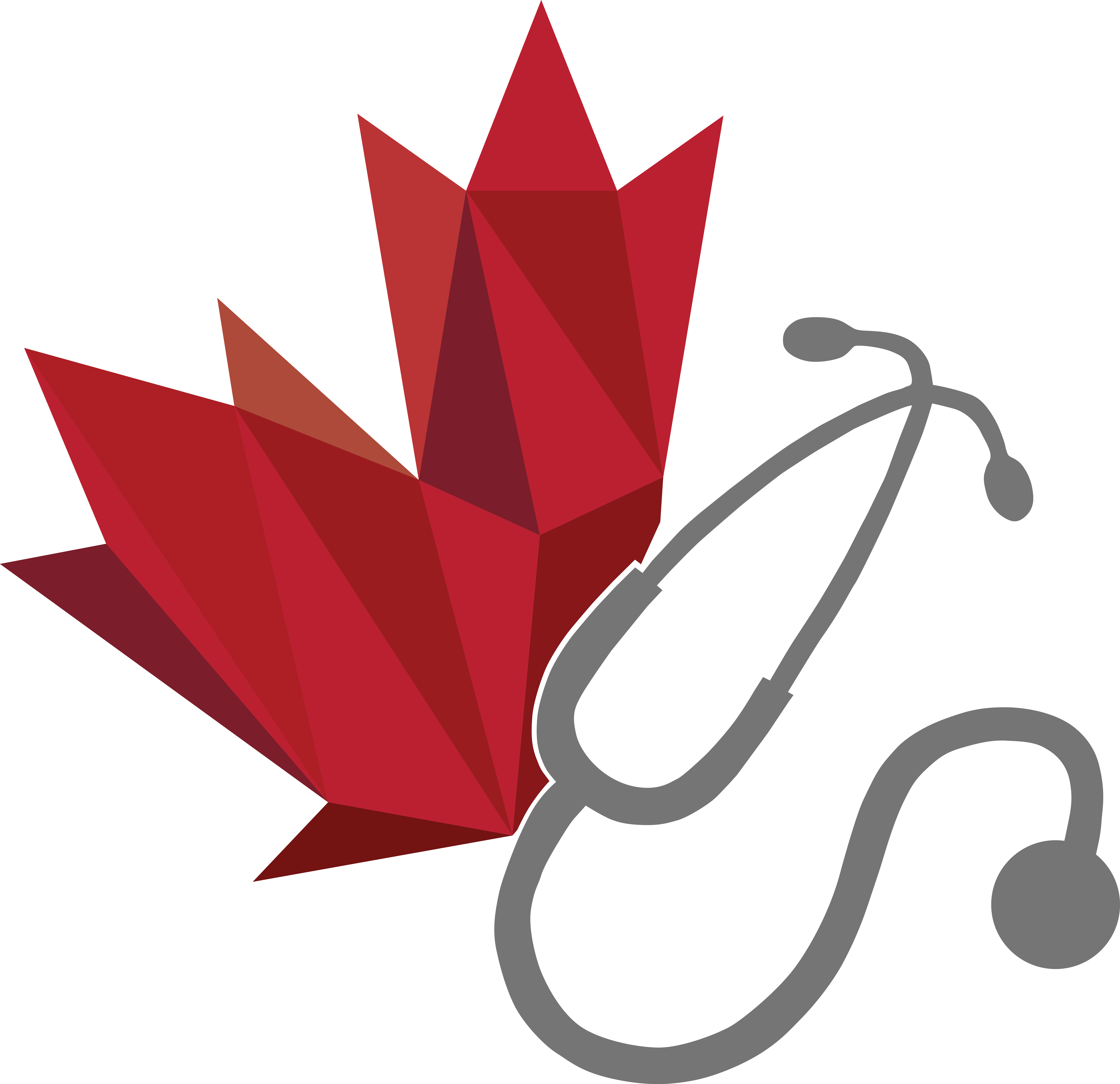About the CFMS
The CFMS is an organization representing over 8,000 medical students from 15 Canadian medical student societies from coast to coast. We represent medical students to the public, to the federal government, and to national and international medical organizations.Future Physicians Support Comprehensive Sexual Education in Ontario
Ottawa, May 22nd, 2015 – The Government of Ontario has released a new sexual education curriculum which will be taking effect in September 2015 that will update it to a similar level as other Canadian provinces. While the changes are facing some opposition, it is supported by various healthcare advocates and politicians including Mayor of Toronto John Tory, and organizations including the Ontario Association of Parents in Catholic Education, the Ontario Public Health Association, and the Canadian Federation of Medical Students (CFMS).
The CFMS is the national body that represents over 8000 medical students at 14 medical student societies across Canada. The goal of the CFMS is to represent the voice of medical students among groups that direct or influence medicine in Canada including the government, the public and national/international organizations.
In 2013, the CFMS passed a policy in support of the rights of youth through adopting and promoting the International Planned Parenthood concept of Comprehensive Sexuality Education (CSE). CSE is defined as “seeking to equip young people with the knowledge, skills, attitudes and values they need to determine and enjoy their sexuality – physically and emotionally, individually and in relationships. It views ‘sexuality’ holistically and within the context of emotional and social development. It recognizes that information alone is not enough. Young people need to be given the opportunity to acquire essential life skills and develop positive attitudes and values.”1
The proposed updates to the CSE curriculum - the first updates since 1998 - are a major step forward in supporting and providing youth with the opportunity to protect themselves from potential adverse sexual, reproductive and mental health outcomes. It also follows the UN convention on the Rights of the Child which states that children and young people have the right to the highest attainable level of health and access to information that will allow them to make decisions about their health (Article 17) including family planning (Article 24).2
The CFMS is excited about many aspects of the new curriculum. It will continue to include discussions about prevention of unplanned pregnancy and sexually transmitted infections (STI) as evidence shows equipping students with this knowledge, as opposed to only discussing abstinence, leads to decreased rates of unplanned pregnancy and STIs, and delays the timing of first sex.3
In addition to discussions about sexual practices, promoting healthy body image will become a key aspect of this curriculum. Other changes include teaching students to identify all body parts, including genitalia, in grade 1. Education about puberty will move from grade 5 to grade 4, in keeping with the rising rate of early puberty. This will ensure students are aware of and prepared for the changes happening to their bodies before they occur. With regards to discussions of sexual activity, the topic of consent has been added to the curriculum. Students will now be taught how to ask for consent, what is considered inappropriate touching, and how to ensure safety.
Given youths’ increased involvement in internet activities, emphasis will be placed on online safety, cyberbullying, and risky behaviours in the context of sexual health. This will cover important topics such as sexting and how to protect themselves and their peers online.
Gender and sexual diversity issues (including lesbian, gay, bisexual, transgender, and queer issues) are incorporated into the curriculum early on. Students will be taught about various family structures, including same-sex relationships, families from different ethnic backgrounds and cultural practices. Children will be taught from a young age to respect differences, promoting a safer school environment and helping fight bullying.
The CFMS recognizes that comprehensive sexuality education leaves young people better prepared to make positive decisions regarding their sexual and reproductive health, and empowered to enact these choices. This is why we support the changes to the Ontario sexual education curriculum in order to give youth a solid foundation on which to build upon a lifelong learning process of self-identity, relationships and healthy development.
For Media Inquiries:
Anthea Girdwood, Vice President Communications
Canadian Federation of Medical Students
- Cell: (613) 915-1141
- Email: [email protected]
For More Information:
Dr. Joshua Dias, former CFMS National Officer of Reproductive and Sexual Health
- PGY1, Psychiatry, University of Toronto
- Email: [email protected]
References:
- IPPF Framework for Comprehensive Sexuality Education. 2010. International Planned Parenthood Federation. Retrieved from http://ippf.org/resources/publications/ippf-framework-comprehensive-sexuality-education
- A Summary of the UN Convention of the Rights of the Child. 2012. Unicef. Retrieved from http://www.unicef.org.uk/Documents/Publication-pdfs/betterlifeleaflet2012_press.pdf
- From evidence to action: Advocating for comprehensive sexuality education. 2009. International Planned Parenthood Federation. Retrieved from http://ippf.org/resource/Evidence-Action-Advocating-comprehensive-sexuality-education

